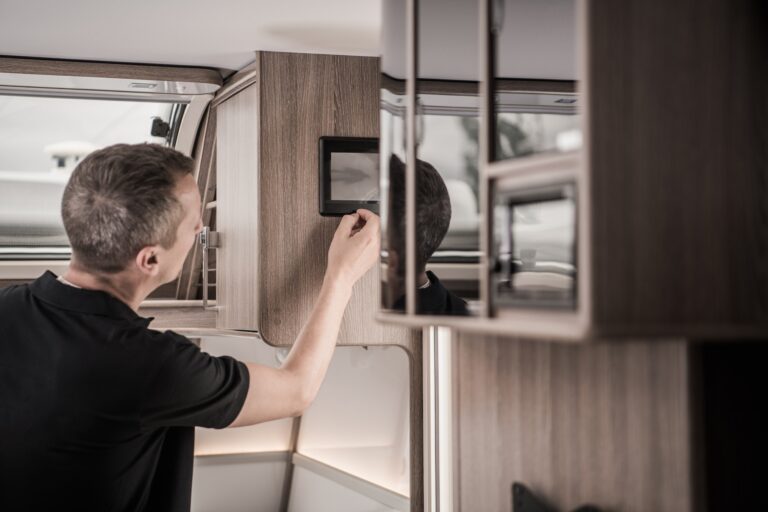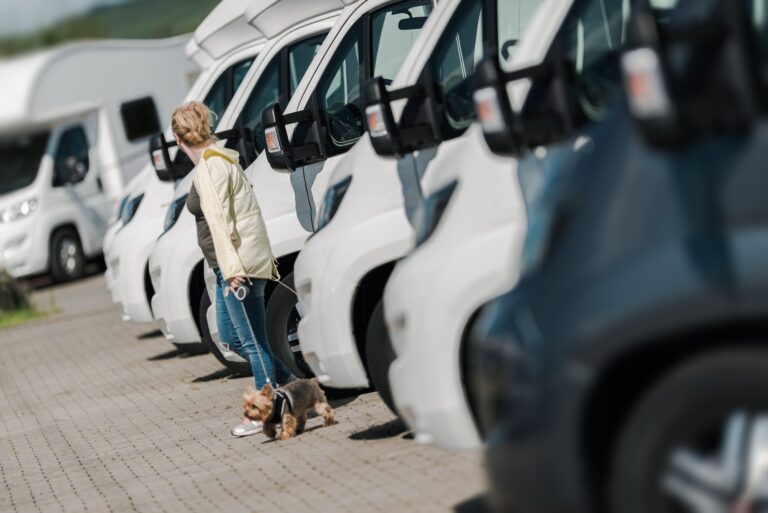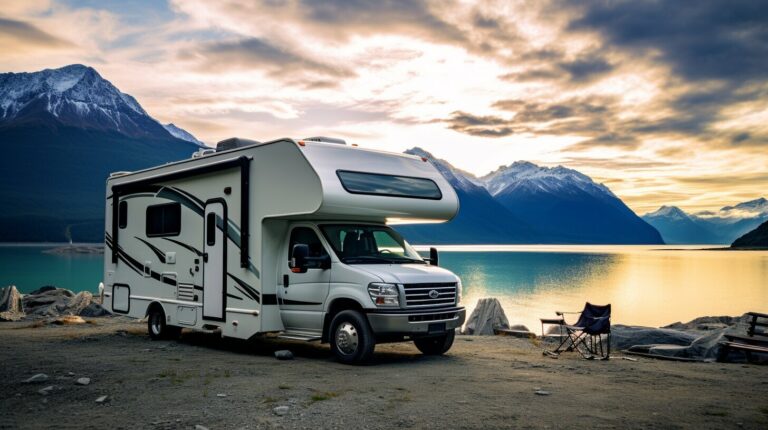Winter, with its myriad charms, presents opportunities for some unique adventures. For RV enthusiasts, it’s an entirely new experience, filled with spectacular landscapes, quieter campgrounds, and a very different RVing adventure. However, RVing in winter without adequate preparation can quickly turn into a not-so-pleasant experience. Here’s a comprehensive guide to help you stay warm and prevent freezing while RVing for the first time in winter.
1. Selecting the Right RV for Winter Travel
The first step towards a successful winter RVing adventure begins with choosing the right vehicle. Not all RVs are created equal, and certain types are better suited for winter travel than others.
- Insulation: Look for an RV with high-quality insulation. This will help maintain a comfortable temperature inside the vehicle and protect the plumbing from freezing. The R-value indicates the insulation’s effectiveness; the higher, the better.
- Double-paned windows: These can help reduce heat loss. Alternatively, you can cover the windows with insulating material or heavy curtains.
- Four-season RVs: These are specifically designed for year-round use and typically come with better insulation, heated underbellies, and enclosed and heated holding tanks.
2. Insulate and Seal Your RV
Once you’ve selected the right RV, the next step is to ensure your vehicle is adequately insulated and sealed.
- Insulate the windows and doors: Use window insulating film or thermal curtains to avoid heat loss through the windows. For doors, check the seals and use weatherstripping if necessary.
- Seal the vents: Vents can let out a lot of heat. Cover them with vent cushions or insulating foam.
- Insulate the floor: Floors can get very cold, especially if the RV is not equipped with a heated underbelly. Use rugs or carpets to provide an extra layer of insulation.
3. Keeping the RV Warm
Maintaining a comfortable temperature is crucial for a successful winter RV trip. Here are some tips:
- Use a reliable heating system: Many RVs come with a built-in propane furnace, which can be very efficient. However, they can also deplete your propane supply rapidly. Consider supplementing with an electric space heater (when connected to shore power) or a vent-free propane heater.
- Use heated blankets and thermal wear: Heated blankets can provide extra warmth at night, and thermal clothing can keep you warm without relying entirely on the RV’s heating system.
- Cook inside: Cooking inside not only provides a warm meal but also helps heat your RV.
4. Protecting the RV Plumbing
Protecting your plumbing from freezing is one of the biggest challenges of winter RVing. Here’s how to prevent it:
- Use heated water hoses: Regular water hoses can freeze, cutting off your water supply. Heated water hoses prevent this by maintaining a temperature above freezing.
- Insulate the pipes: Use foam pipe insulation or heat tape to insulate your pipes.
- Use RV antifreeze: If you expect extremely low temperatures, consider using non-toxic RV antifreeze in your system.
- Keep the cabinets open: The pipes under sinks can freeze because they’re away from the RV’s heat. Keep the cabinet doors open to allow heat to reach these areas.
5. Plan and Prepare for Emergencies
Despite your best preparations, things can still go wrong. It’s essential to plan for emergencies.
- Know where to get service: Familiarize yourself with service stations and repair shops along your route.
- Carry emergency supplies: This should include a first aid kit, extra blankets, flashlights, extra food and water, and basic tools.
- Monitor the weather: Conditions can change rapidly in winter. Use a reliable weather app and adjust your plans as necessary.
Winter RVing can be a great adventure, offering unique experiences and stunning landscapes. With the right RV, proper insulation, a reliable heating system, protected plumbing, and emergency preparedness, you can enjoy a warm and comfortable winter RV trip. Remember, preparation is key when RVing in winter, especially if it’s your first time. Happy travels!





